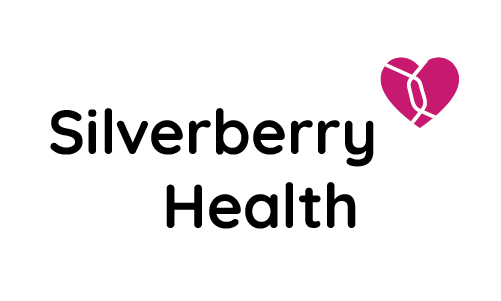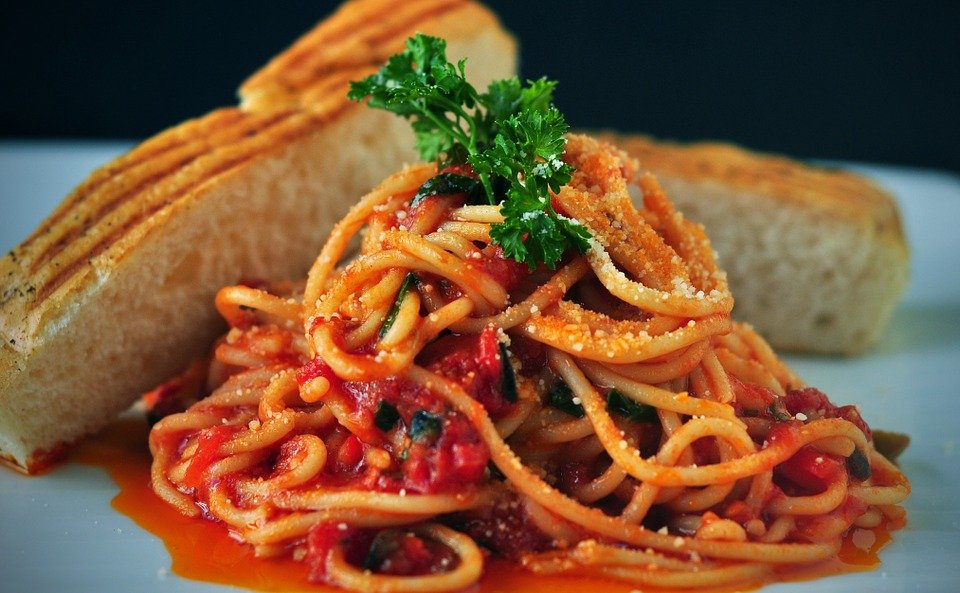What key traits should I consider when designing a health and wellness plan?
Difficulty in Losing Weight
People with certain genetic variations have a harder time losing weight than people who don't, even if they have the same diet and exercise plan. But there are also genetic variations that make weight loss easier.
Exercise Benefits for Lowering Cholesterol
Exercise is one way to lower our levels of LDL, or bad cholesterol. But our chances of achieving that by exercise alone is influenced by our genes.
Fat Overconsumption
Certain variations of genes like LINGO2 or RLN3 have been associated with increased craving and overeating of fat, particularly bad fat. Studies suggest that these genes influence our daily fat intake.
Snacking
Our eating habits have a lot to do with or genes. Genetic studies have found that variations in the MC4R, LEPR, NMB and BDNF genes have been linked to more frequent snacking.
Carb Overconsumption
Some interesting studies have found that certain variations of genes like TRA2A or FUT2 create craving for carbs, and others like NR suppress it.
Fat Taste Perception
Research has shown that people with a variation of the CD36 gene aren't as sensitive to the taste of fat in their foods. People with this genetic variation tend to crave fatty foods more, and might even overeat.
Exercise Benefits for Maximal Oxygen Uptake
Recent studies suggest that people with certain variations of genes like HCG22 or CAMTA1 are able to increase their VO2 Max more easily than others when doing aerobic exercises.
Lean Body Mass Potential
People with certain genetic variants like ACVR2B or CAPN3 were found to have an advantage for developing lean body mass. This means that they are more likely to gain muscle by working out than the average population.
Aerobic Performance
Recent studies suggest that people with certain variations of genes like HCG22 or CAMTA1 are able to increase their VO2 Max more easily than others when doing aerobic exercises.
Exercise Aversion
Certain variations of genes like LEP or SGIP1 were found to be associated with a greater motivation to exercise. Others like LEPR were found to be related to less motivation for exercise.
Low Protein Intake Risk
Some genetic variations like MAML3 or FUT2 are related to lower protein intake. Other variations like FTO or HGVS are associated with a higher tendency to eat protein-rich foods.
Low Resting Metabolic Rate
When things like age, gender, and lean body mass are taken out of the equation, 40-50% of the difference between our metabolic rates are due to genes. Studies have found that certain genes like GTDC1 or PCDH7 influence our resting metabolic rate.
Low-Carb Diet Effectiveness
Our bodies use carbohydrates as our main source of fuel. But in recent studies, people with certain genetic variations have been found to be more sensitive to carbs in their diet.
Low-Fat Diet Effectiveness
Numerous studies on weight loss have found that people who carry variations of genes associated with fat sensitivity respond the best to low-fat diets. Genes associated with fat sensitivity include FTO, PPARG, and LIPC.
Mediterranean Diet Effectiveness
The Mediterranean diet is known for having lots of health benefits like reducing the risk of heart disease and increasing good cholesterol. But according to recent studies, the maximum benefits can be gained by people with genetic variations in the ADIPOQ, PPARG, MTHFR or LPL genes.
Monounsaturated Fats Increased Benefits
If you have certain genetic variations, like AGPAT1 or FADS1, you could have an advantage for foods with monounsaturated fats. These are healthier fatty acids like omega-7 that can be found in macadamia nuts and avocados.
Muscle Response to Resistance Training
We all benefit in some way from resistance training, but people with some genetic variations were found to gain higher muscle size and strength with the same training routine. Genes that contribute to this include IL15RA and LEPR.
Overweight Potential
Several studies have found a link between our genes and our potential for becoming overweight. For example, variants of genes like FTO, FABP2, or PPARG were found to be associated with faster weight gain by eating fat-rich foods.
Muscle Strength Loss
How fast we lose our muscle strength after we stop exercising depends on a variety of things like our age and diet. But studies have found that our genes play a major role as well.
Overall Fitness Benefits
Having an active lifestyle is beneficial when it comes to fitness. But studies have found that people with certain variations of genes like GNAS see greater and faster results.
Polyunsaturated Fats Increased Benefits
Studies have found that how we metabolize polyunsaturated fats is influenced by our genes. Omega 3s, for example, are good for heart and brain health and can be found in foods like walnuts, eggs, and fish.
Satiety Impairment
Studies have found that the amount of food we eat before feeling full has something to do with our genes. People with genetic variations of FTO, LEPR, and DNMT2B genes are more likely to overeat without feeling full or satisfied.
Starch Metabolism
Recent studies have found that how our bodies metabolize starch is influenced by our genes. To metabolize starch, our body uses a digestive enzyme called amylase that's found in our saliva. How much amylase we have in our saliva is partly determined by our genes.
Sweet Tooth
Did you know that having a sweet tooth can be genetic? According to recent studies, variations in genes like TAS1R2, GLUT2, and FUT1 are associated with sugar cravings and preference for sweet snacks. This could lead to weight gain, high blood sugar, and increased risk for type 2 diabetes.
Trans Fats Sensitivity
It's common knowledge that trans fats, which are artificially made in industrial processes and can be found in things like chips and cookies, are bad for our bodies. But studies have found that how bad they are depends on our genes.


























